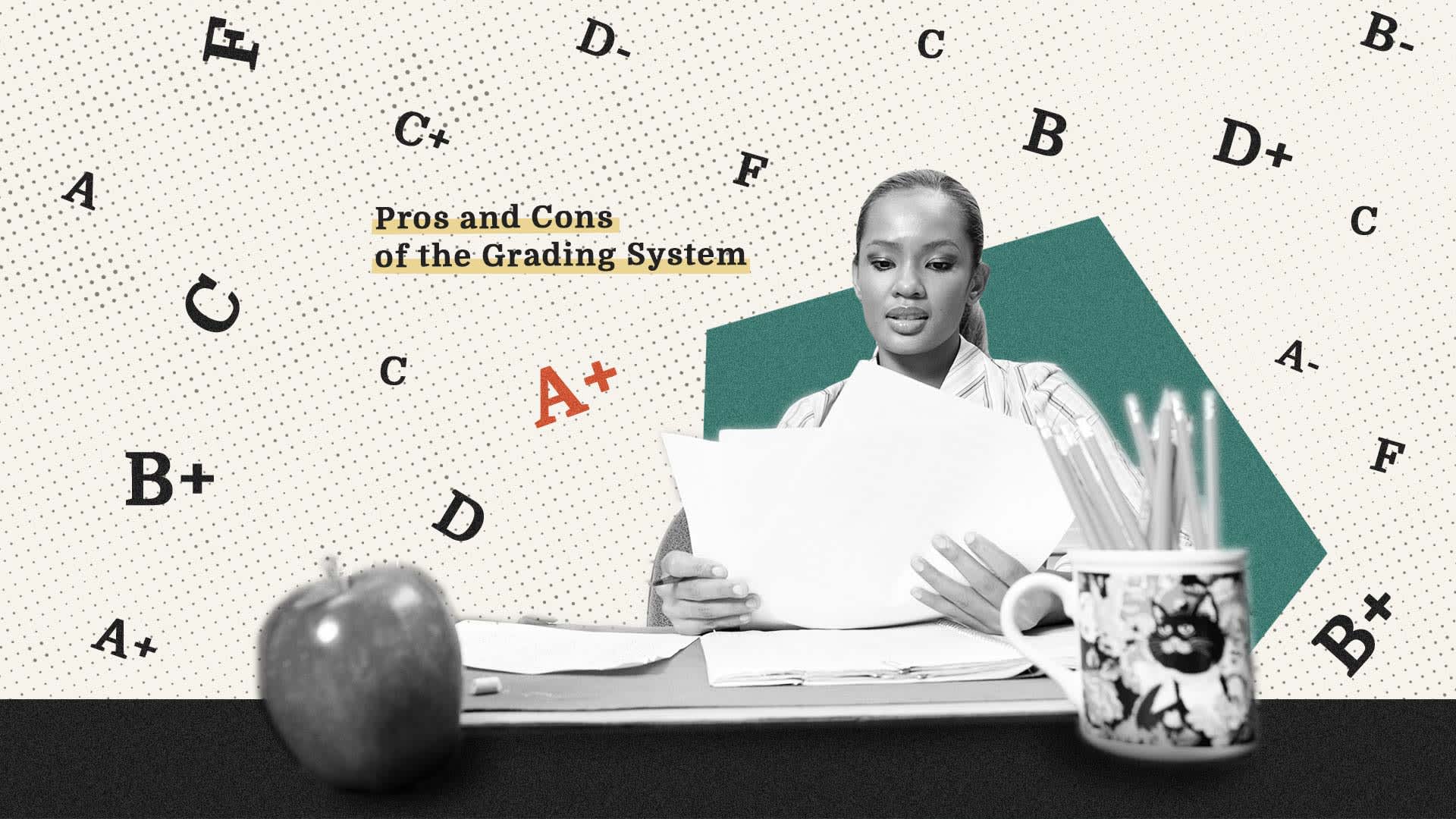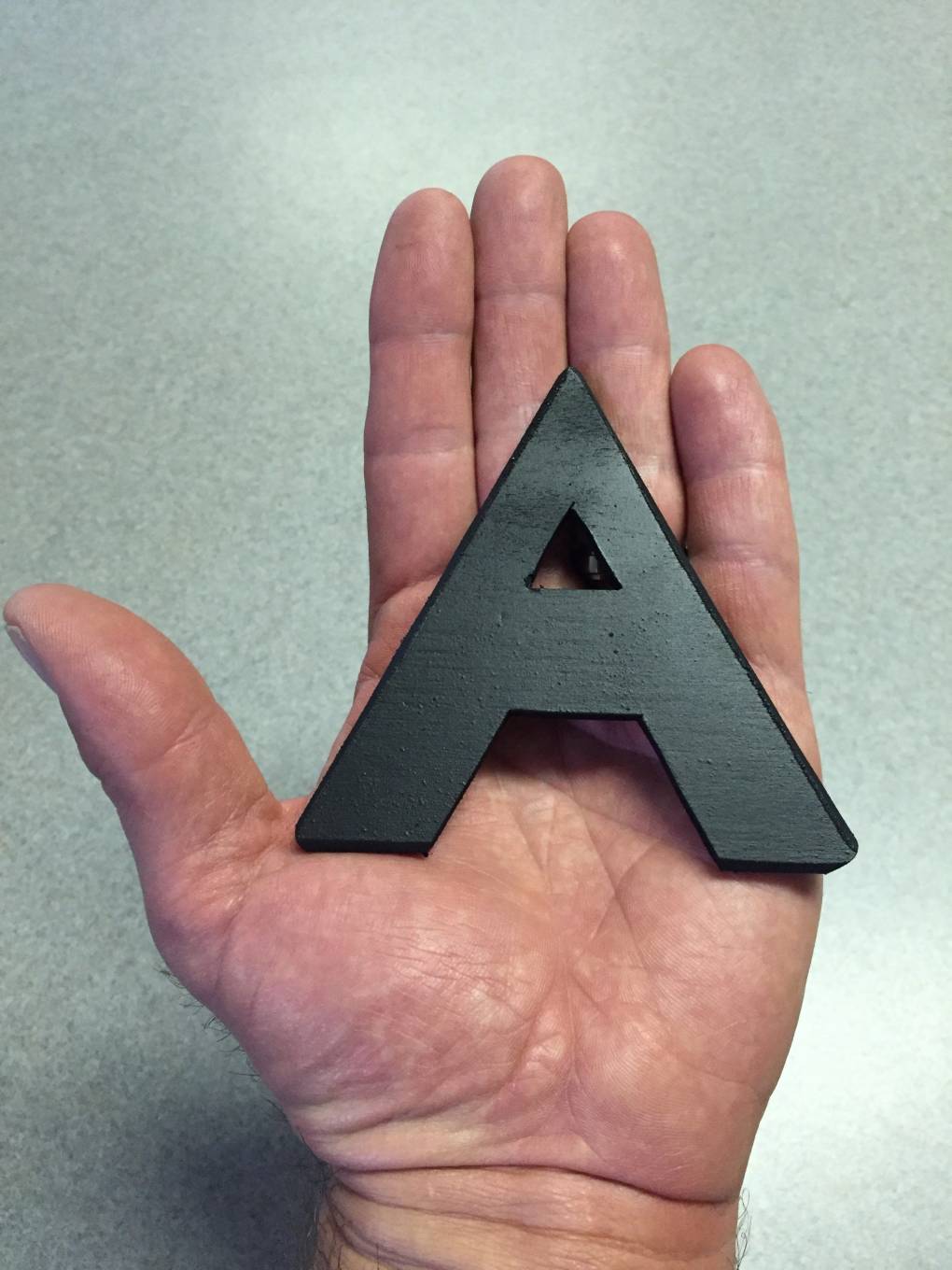A
anon_6hv78pr714xta
Guest
I've seen this subject discussed among some in the education field. Here's an email that just went out at a woke Chicago suburban high school (public) regarding an AP English class:
“ Hi families!
In the spirit of progressive education, I have done away with “bad” grades (oh, how I wish I could do away with them altogether!). Students who are earning lower than a “B” have been given an “Incomplete” (I) grade for Quarter 1. This allows them to go back and make up missed work without the negative academic and social-emotional impact of a low letter grade. A quick Google search will tell you why giving bad grades is a bad idea, but for me personally in the classroom, I don’t want a student to see themselves as a letter grade...even if it is an A. Identifying as such often leads to stress, anxiety, poor self-esteem, self-loathing, etc. It’s great if kids get great grades, but for those who struggle—or even struggle to get the “good” grades—the social construct of grading is detrimental.
Students who receive an “I” will have until the end of the semester to make up missed work. In addition, any student at any time can redo an assignment if they are dissatisfied with their final product/grade—this includes homework, classwork, tests, quizzes. The purpose of education is to LEARN and GROW and hopefully to understand that said learning and growing is super important.
Thanks as always for your support,
[Teacher] ”
I have a lot of problems with this. Within the liberal mindset, though, I do think we should be teaching SEL to give kids the tools to help struggle with bad grades if they get them, survive, and grow from them. It seems, though, that many in education want to teach SEL and then take away all the obstacles they would use their SEL training to overcome.
“ Hi families!
In the spirit of progressive education, I have done away with “bad” grades (oh, how I wish I could do away with them altogether!). Students who are earning lower than a “B” have been given an “Incomplete” (I) grade for Quarter 1. This allows them to go back and make up missed work without the negative academic and social-emotional impact of a low letter grade. A quick Google search will tell you why giving bad grades is a bad idea, but for me personally in the classroom, I don’t want a student to see themselves as a letter grade...even if it is an A. Identifying as such often leads to stress, anxiety, poor self-esteem, self-loathing, etc. It’s great if kids get great grades, but for those who struggle—or even struggle to get the “good” grades—the social construct of grading is detrimental.
Students who receive an “I” will have until the end of the semester to make up missed work. In addition, any student at any time can redo an assignment if they are dissatisfied with their final product/grade—this includes homework, classwork, tests, quizzes. The purpose of education is to LEARN and GROW and hopefully to understand that said learning and growing is super important.
Thanks as always for your support,
[Teacher] ”
I have a lot of problems with this. Within the liberal mindset, though, I do think we should be teaching SEL to give kids the tools to help struggle with bad grades if they get them, survive, and grow from them. It seems, though, that many in education want to teach SEL and then take away all the obstacles they would use their SEL training to overcome.





